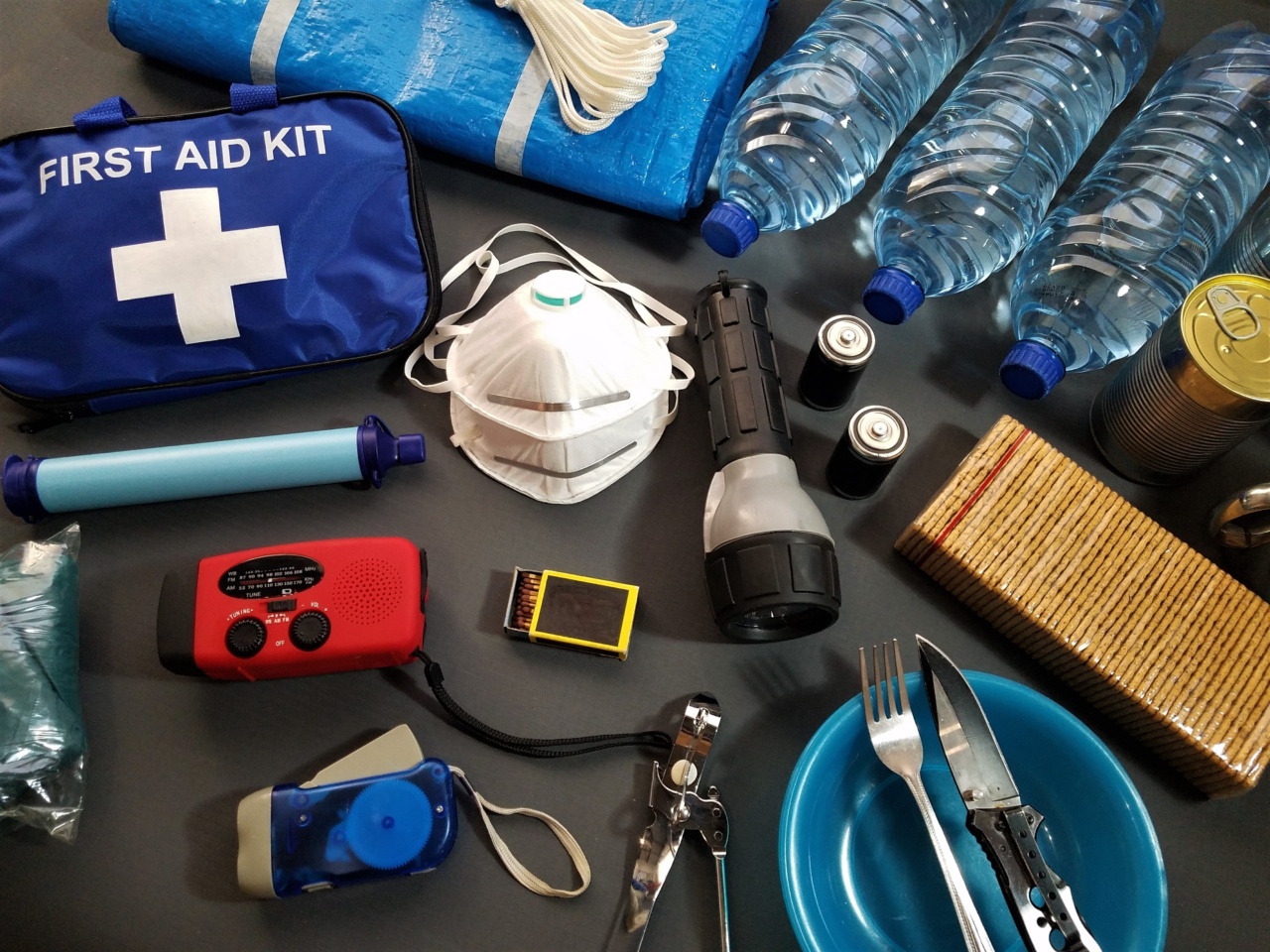Water is an essential element for our survival, and it is widely known that staying hydrated is crucial for maintaining good health.
However, it may come as a surprise to learn that water can have negative impacts on our well-being if not consumed or used properly. In this article, we will explore some surprising ways in which water can hurt your health and provide insights on how to avoid potential risks.
The Dangers of Contaminated Water
One of the most dangerous ways water can harm your health is through contamination. Contaminated water can contain various harmful substances that pose a serious risk to your well-being.
These contaminants may include bacteria, parasites, viruses, and chemicals that can cause severe illnesses such as gastrointestinal infections, cholera, or even lead to long-term health issues.
Waterborne Diseases
Drinking or using water contaminated with pathogens can lead to the development of waterborne diseases. Some common waterborne diseases include:.
1. Cholera: This severe bacterial infection affects the intestines and can cause watery diarrhea, vomiting, and dehydration.
2. Giardiasis: Caused by a parasite called Giardia, this illness can result in diarrhea, abdominal cramps, and weight loss.
3. Hepatitis A: This viral infection affects the liver and can be transmitted through contaminated water. Symptoms include jaundice, fatigue, and abdominal pain.
4. Cryptosporidiosis: Caused by the parasite Cryptosporidium, this disease can cause watery diarrhea, stomach cramps, and vomiting.
The Risks of Chlorinated Water
While chlorine is commonly used to disinfect water and kill harmful bacteria, it also presents certain risks. Chlorinated water can negatively impact your health, particularly when showering or bathing.
The steam produced from hot water containing chlorine can be inhaled, leading to respiratory problems such as asthma or bronchitis. Additionally, exposure to chlorinated water can irritate the skin and exacerbate conditions like eczema.
Fluoride and Dental Health
Fluoride is often added to public water supplies to help prevent tooth decay. While fluoride is beneficial for dental health, excessive consumption can lead to a condition called fluorosis.
This condition causes white streaks or spots to appear on the teeth, and in severe cases, it can lead to tooth discoloration and pitting. It’s important to ensure that fluoride levels in your water supply are within the recommended range to prevent fluorosis.
Water Temperature and Your Body
The temperature of the water you drink or expose your body to can also have an impact on your health. Drinking very cold water can cause constriction of blood vessels in the stomach, leading to indigestion or stomach cramps.
Conversely, consuming extremely hot water can scald the mouth or throat and cause burns.
When it comes to bathing, using water that is too hot can deplete the natural oils and moisture from your skin, leading to dryness and irritation.
On the other hand, taking cold showers for extended periods can strain the cardiovascular system and cause a rapid drop in body temperature.
Waterborne Allergens
Water can also be a source of allergens that can exacerbate allergies and respiratory conditions. Mold and fungi can thrive in damp environments, including water-damaged buildings or poorly maintained water systems.
When exposed to waterborne allergens, individuals with allergies or asthma may experience worsened symptoms, such as coughing, wheezing, or nasal congestion.
Dehydration and Overhydration
While dehydration is a commonly known risk of not consuming enough water, overhydration can also have negative consequences on your health.
Dehydration occurs when your body loses more fluids than it takes in, leading to symptoms like thirst, dry mouth, fatigue, and dizziness. Severe dehydration can be life-threatening.
On the other hand, overhydration, also known as water poisoning or water intoxication, happens when you drink an excessive amount of water in a short period.
This can disrupt the body’s electrolyte balance and dilute essential nutrients, leading to symptoms like nausea, headache, confusion, and in severe cases, seizures or coma.
Chemical and Mineral Imbalances
Drinking water with high concentrations of certain chemicals or minerals can result in imbalances within the body.
For example, consuming water with excessive levels of lead, arsenic, or mercury can have detrimental effects on the nervous system and overall health. Similarly, drinking water with high levels of minerals like calcium or magnesium can cause gastrointestinal issues or kidney problems.
Protecting Your Health
Although water can pose potential risks to your health, there are measures you can take to mitigate these dangers:.
1. Ensure the water you consume is from a reliable source: Choose clean, treated water from trusted suppliers, and consider using water purification systems if necessary.
2. Use proper hygiene practices: Wash your hands with clean water and soap regularly, particularly before eating or preparing food.
3. Keep water storage containers clean: Regularly clean and sanitize your water storage containers to prevent the growth of bacteria or biofilm.
4. Be aware of water quality when traveling: When traveling to regions with different water quality standards, drink bottled water or use water sterilization techniques like boiling or using water purification tablets.
Conclusion
While water is essential for our survival, it is crucial to be aware of the potential risks it can pose to our health.
Contaminated water, excessive chlorine, waterborne allergens, and improper water temperatures can all have negative effects on our well-being. By understanding these risks and taking the necessary precautions to ensure the water we consume or use is clean and safe, we can protect our health and enjoy the benefits of this vital resource.






























